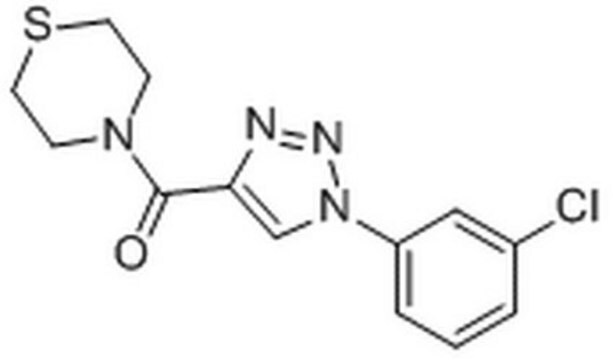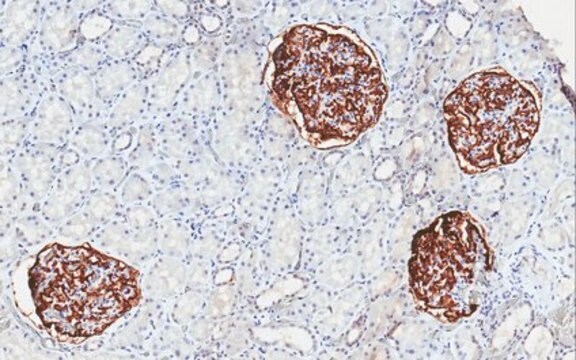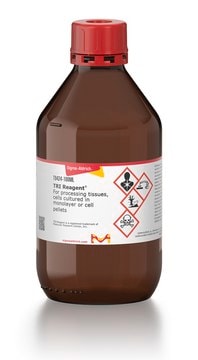MABE229
Anti-phospho-Cdk1 (Thr14, Tyr15)Antibody, clone CP3.2
clone CP3.2, from mouse
Synonyme(s) :
Cyclin-dependent kinase 1, CDK1, Cell division control protein 2 homolog, Cell division protein kinase 1, p34 protein kinase
About This Item
Produits recommandés
Source biologique
mouse
Niveau de qualité
Forme d'anticorps
purified antibody
Type de produit anticorps
primary antibodies
Clone
CP3.2, monoclonal
Espèces réactives
human
Technique(s)
immunocytochemistry: suitable
western blot: suitable
Isotype
IgG1κ
Numéro d'accès NCBI
Numéro d'accès UniProt
Conditions d'expédition
wet ice
Modification post-traductionnelle de la cible
phosphorylation (pThr14, pTyr15)
Informations sur le gène
human ... CDK1(983)
Description générale
Spécificité
Immunogène
Application
Epigenetics & Nuclear Function
Cell Cycle, DNA Replication & Repair
Qualité
Western Blot Analysis: A 1:1,000 dilution from a representative lot detected phospho-Cdk1 (Thr14, Tyr15) in UV treated HeLa cell lysates.
Description de la cible
Forme physique
Stockage et stabilité
Remarque sur l'analyse
UV treated and untreated HeLa cell lysates
Autres remarques
Clause de non-responsabilité
Vous ne trouvez pas le bon produit ?
Essayez notre Outil de sélection de produits.
Code de la classe de stockage
12 - Non Combustible Liquids
Classe de danger pour l'eau (WGK)
WGK 1
Point d'éclair (°F)
Not applicable
Point d'éclair (°C)
Not applicable
Certificats d'analyse (COA)
Recherchez un Certificats d'analyse (COA) en saisissant le numéro de lot du produit. Les numéros de lot figurent sur l'étiquette du produit après les mots "Lot" ou "Batch".
Déjà en possession de ce produit ?
Retrouvez la documentation relative aux produits que vous avez récemment achetés dans la Bibliothèque de documents.
Notre équipe de scientifiques dispose d'une expérience dans tous les secteurs de la recherche, notamment en sciences de la vie, science des matériaux, synthèse chimique, chromatographie, analyse et dans de nombreux autres domaines..
Contacter notre Service technique

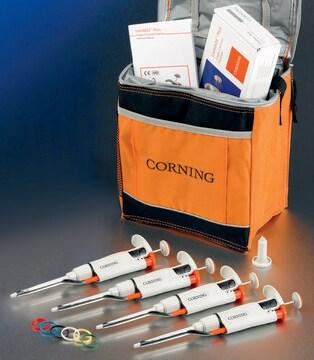
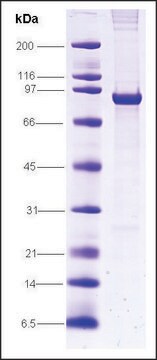

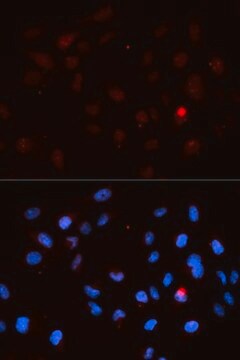
![5H-Pyrido[3,2-b]indole](/deepweb/assets/sigmaaldrich/product/structures/298/461/71e4728f-198c-4105-965b-654071026ab4/640/71e4728f-198c-4105-965b-654071026ab4.png)
